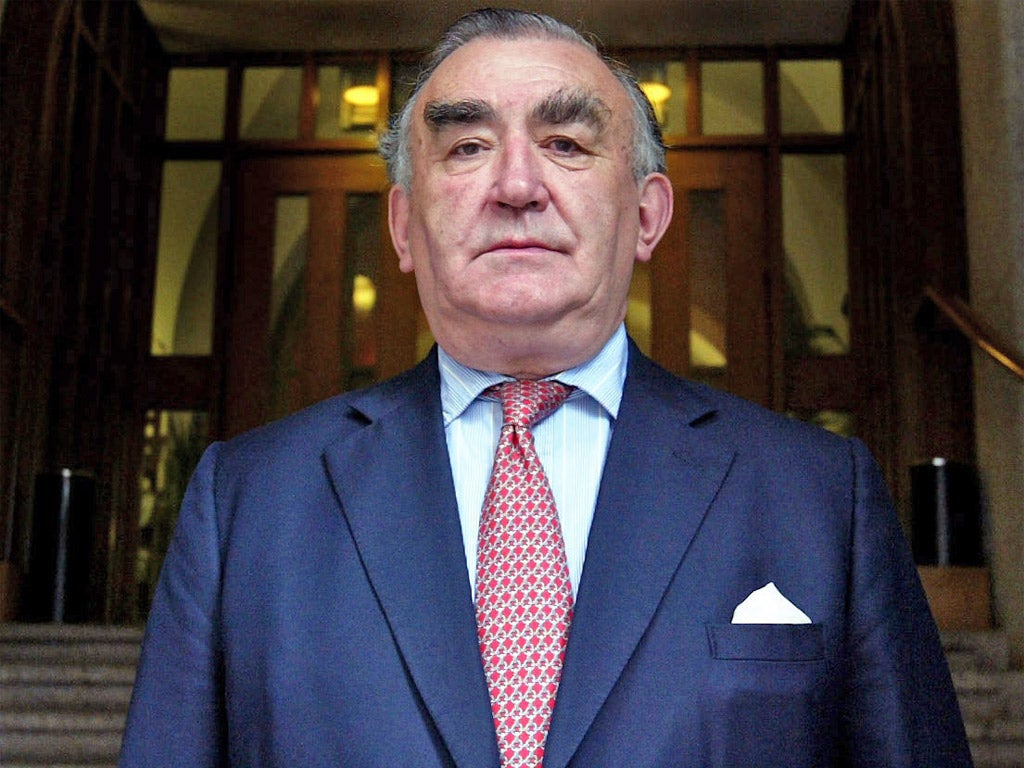At last! Commissioners will restore public trust in the police by devolving power and are long overdue
Lamentable leadership and the influence of unions have held back the men in uniform for too long. Now you can vote and exert some control over their actions


Are you excited over the prospect of voting next month for your local police chief? I suspect not; you may not even realise polls are taking place in most parts of the country. Ministers are bracing themselves for turnouts that could slump into single figures, a shocking verdict on one of the Government’s major reforms.
Given the Coalition’s failure to promote the idea of elected police commissioners, I am surprised by such confidence that there will be even these dismal levels of participation. But for all the inevitable talk over how low turnouts will rob the new politicised police chiefs of legitimacy, this reform will prove among the Government’s most transformative legacies.
This is why Labour – originally hostile to the idea – is taking the elections so seriously, a former deputy prime minister and Welsh first minister among its candidates. (They include Michael Mates, pictured above, who is standing in Hampshire.) On Monday, two MPs quit their seats to stand. It is just a shame that costly deposits and high spending ceilings have deterred stronger independent candidates, placing these posts at the disposal of party machines despite profound dissatisfaction with mainstream politics. Another chance of re-engagement chucked away.
Beyond landing a fresh blow against the Coalition’s credibility, however, low turnouts will not make a significant difference to the arrival of police commissioners. The victors will rapidly become among the most recognisable of regional characters, questioned and judged over how they tackle local concerns and respond to crime failures. By the time the next elections come round in 2016, there will be far greater interest in what will have evolved into high-profile posts.
Along with crime mapping and local beat meetings, the reform will leave an indelible mark by devolving a degree of power over crime policies to the public. The changes are disliked by pessimists who do not trust people to control their own communities and by smug local power barons who say there is no desire for transparency. Yet the crime map website, introduced only last year, has had 500 million hits already.
What is beyond doubt is the urgent need to confront serial police incompetence, their roll call of shame growing longer by the day. Failing to prosecute a paedophile celebrity and smearing dead football fans can now be added to a bloated charge sheet that includes taking bribes from journalists, shooting innocent people, abusing anti-terror laws, watching as shops are raided by rioters and using racist stop-and-search tactics.
This is not to besmirch the many brave and good officers, but they have been let down by lamentable leadership in both their forces and their unions. The police have become defensive and resistant to change – and the consequence is an outmoded public service that too often no longer serves the public.
Join our commenting forum
Join thought-provoking conversations, follow other Independent readers and see their replies
Comments
Bookmark popover
Removed from bookmarks